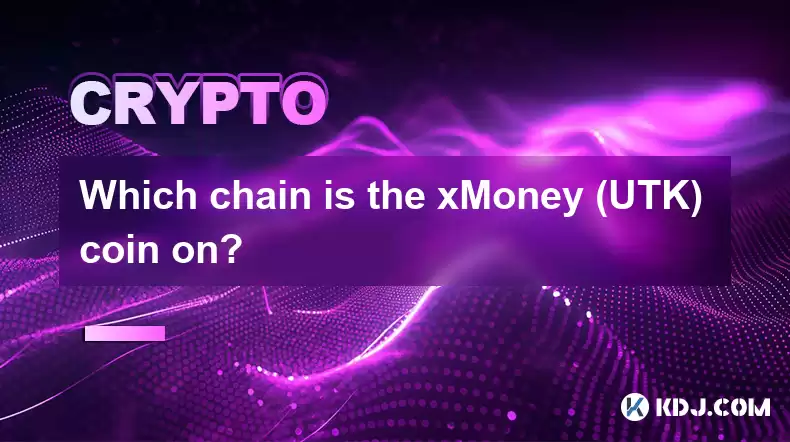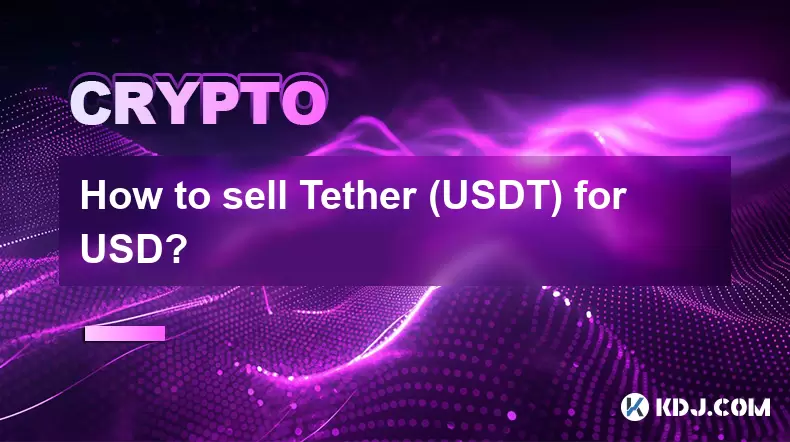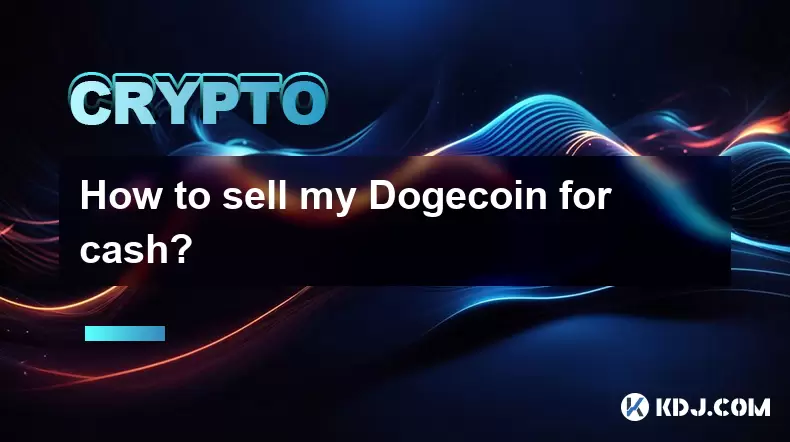-
 Bitcoin
Bitcoin $115000
0.88% -
 Ethereum
Ethereum $3727
2.86% -
 XRP
XRP $3.001
2.15% -
 Tether USDt
Tether USDt $1.000
0.03% -
 BNB
BNB $765.7
0.59% -
 Solana
Solana $169.5
3.52% -
 USDC
USDC $0.9999
0.00% -
 TRON
TRON $0.3391
1.24% -
 Dogecoin
Dogecoin $0.2059
2.68% -
 Cardano
Cardano $0.7418
2.24% -
 Hyperliquid
Hyperliquid $37.92
1.29% -
 Stellar
Stellar $0.4017
2.54% -
 Sui
Sui $3.508
2.67% -
 Chainlink
Chainlink $16.87
2.81% -
 Bitcoin Cash
Bitcoin Cash $569.4
2.08% -
 Hedera
Hedera $0.2472
0.22% -
 Ethena USDe
Ethena USDe $1.001
0.01% -
 Avalanche
Avalanche $22.29
1.22% -
 Litecoin
Litecoin $118.0
0.74% -
 UNUS SED LEO
UNUS SED LEO $8.924
-0.75% -
 Toncoin
Toncoin $3.236
1.65% -
 Shiba Inu
Shiba Inu $0.00001238
1.79% -
 Uniswap
Uniswap $9.827
3.02% -
 Polkadot
Polkadot $3.684
1.92% -
 Dai
Dai $1.000
0.01% -
 Monero
Monero $283.0
-2.73% -
 Bitget Token
Bitget Token $4.362
0.47% -
 Cronos
Cronos $0.1458
4.97% -
 Pepe
Pepe $0.00001054
2.58% -
 Ethena
Ethena $0.6238
9.53%
Which chain is the xMoney (UTK) coin on?
xMoney (UTK), primarily built on Ethereum, extends its reach beyond Ethereum through EVM compatibility, allowing users to harness its value on blockchains like Polygon and Binance Smart Chain.
Dec 24, 2024 at 10:14 pm

Key Points
- xMoney (UTK) is an ERC-20 token built on the Ethereum blockchain.
- EVM-compatible blockchains such as Polygon and Binance Smart Chain can support UTK as well.
1. xMoney (UTK) and Ethereum Blockchain
xMoney (UTK) is primarily based on the Ethereum blockchain. Ethereum offers a robust and secure environment for developing and deploying decentralized applications (dApps) and smart contracts. The UTK token leverages Ethereum's network for its transactions, benefiting from its strong community, wide ecosystem of tools, and high liquidity.
2. EVM Compatibility and UTK
The Ethereum Virtual Machine (EVM) serves as a key enabler for UTK's compatibility with other EVM-compatible blockchains. EVM compatibility allows smart contracts written for Ethereum to be executed on other platforms seamlessly. This feature opens up the doors for UTK to interact with decentralized applications and services built on other EVM-compatible chains.
3. Polygon and Binance Smart Chain (BSC)
Polygon and Binance Smart Chain (BSC) are prominent EVM-compatible blockchains that support UTK. Polygon is renowned for its low transaction fees and fast processing times, enhancing scalability and reducing costs for UTK transactions. BSC, on the other hand, offers high transaction throughput and a user-friendly interface, attracting a substantial developer community.
FAQs
Q: What is the relationship between xMoney (UTK) and Ethereum?
A: xMoney (UTK) is primarily built on the Ethereum blockchain, utilizing its network for transactions and leveraging its robust infrastructure.
Q: Can UTK be used on other blockchains besides Ethereum?
A: Yes, UTK supports EVM compatibility, enabling it to function on other EVM-compatible blockchains, such as Polygon and Binance Smart Chain.
Q: What are the advantages of using EVM-compatible blockchains for UTK?
A: EVM compatibility allows UTK to seamlessly integrate with decentralized applications and services built on different EVM-compatible platforms, expanding its usability and potential within the cryptocurrency ecosystem.
Disclaimer:info@kdj.com
The information provided is not trading advice. kdj.com does not assume any responsibility for any investments made based on the information provided in this article. Cryptocurrencies are highly volatile and it is highly recommended that you invest with caution after thorough research!
If you believe that the content used on this website infringes your copyright, please contact us immediately (info@kdj.com) and we will delete it promptly.
- IREN Overtakes: A New King in the Bitcoin Miner Hashrate Race?
- 2025-08-07 16:31:29
- Memecoins Mania: Whales Eye Pepe Dollar (PEPD) as Bonk Cools Off, While MoonBull Hogs the Spotlight!
- 2025-08-07 16:51:17
- Unilabs, PEPE, and Investment Risk: Navigating the Crypto Hype
- 2025-08-07 16:31:29
- Meme Coin Mania: Rug Pulls, CZ-Inspired Tokens, and the Wild West of Crypto
- 2025-08-07 16:57:14
- HashFlare Founders Face the Music: Jail Time Looms?
- 2025-08-07 14:30:12
- Pepeto's Pounce: Meme Coin Mania Meets Blockchain Infrastructure
- 2025-08-07 15:10:12
Related knowledge

What is the best app to buy EOS?
Aug 07,2025 at 04:35pm
Understanding EOS and Its Role in the Cryptocurrency EcosystemEOS is a blockchain platform designed to support decentralized applications (dApps) with...

How to sell Tether (USDT) for USD?
Aug 07,2025 at 03:29pm
Understanding Tether (USDT) and Its USD ValueTether (USDT) is a stablecoin designed to maintain a 1:1 value ratio with the United States Dollar (USD)....

How to sell my Bitcoincoin for cash?
Aug 07,2025 at 02:14pm
Understanding the Basics of Selling Dogecoin for CashSelling Dogecoin for cash involves converting your DOGE tokens into a fiat currency such as USD, ...

What is Chainlink (LINK)?
Jul 22,2025 at 02:14am
Understanding Chainlink (LINK): The Decentralized Oracle NetworkChainlink is a decentralized oracle network designed to bridge the gap between blockch...

What is Avalanche (AVAX)?
Jul 22,2025 at 08:35am
What is Avalanche (AVAX)?Avalanche (AVAX) is a decentralized, open-source blockchain platform designed to support high-performance decentralized appli...

What is Polkadot (DOT)?
Jul 19,2025 at 06:35pm
Understanding the Basics of Polkadot (DOT)Polkadot (DOT) is a multi-chain network protocol designed to enable different blockchains to transfer messag...

What is the best app to buy EOS?
Aug 07,2025 at 04:35pm
Understanding EOS and Its Role in the Cryptocurrency EcosystemEOS is a blockchain platform designed to support decentralized applications (dApps) with...

How to sell Tether (USDT) for USD?
Aug 07,2025 at 03:29pm
Understanding Tether (USDT) and Its USD ValueTether (USDT) is a stablecoin designed to maintain a 1:1 value ratio with the United States Dollar (USD)....

How to sell my Bitcoincoin for cash?
Aug 07,2025 at 02:14pm
Understanding the Basics of Selling Dogecoin for CashSelling Dogecoin for cash involves converting your DOGE tokens into a fiat currency such as USD, ...

What is Chainlink (LINK)?
Jul 22,2025 at 02:14am
Understanding Chainlink (LINK): The Decentralized Oracle NetworkChainlink is a decentralized oracle network designed to bridge the gap between blockch...

What is Avalanche (AVAX)?
Jul 22,2025 at 08:35am
What is Avalanche (AVAX)?Avalanche (AVAX) is a decentralized, open-source blockchain platform designed to support high-performance decentralized appli...

What is Polkadot (DOT)?
Jul 19,2025 at 06:35pm
Understanding the Basics of Polkadot (DOT)Polkadot (DOT) is a multi-chain network protocol designed to enable different blockchains to transfer messag...
See all articles

























































































